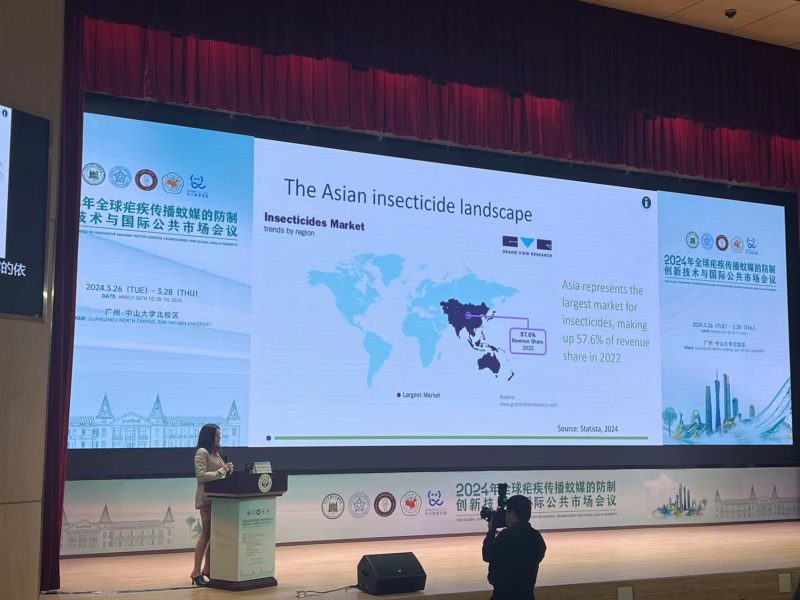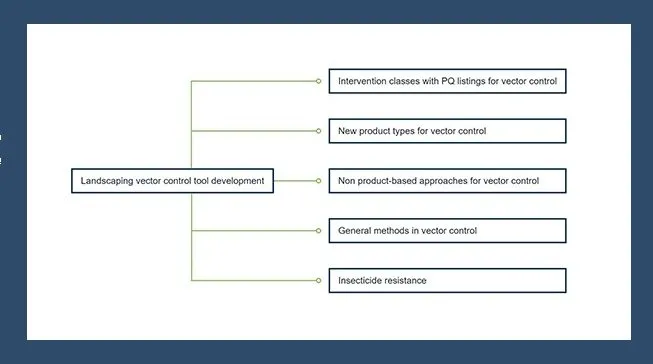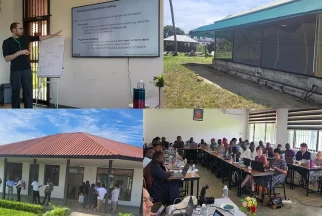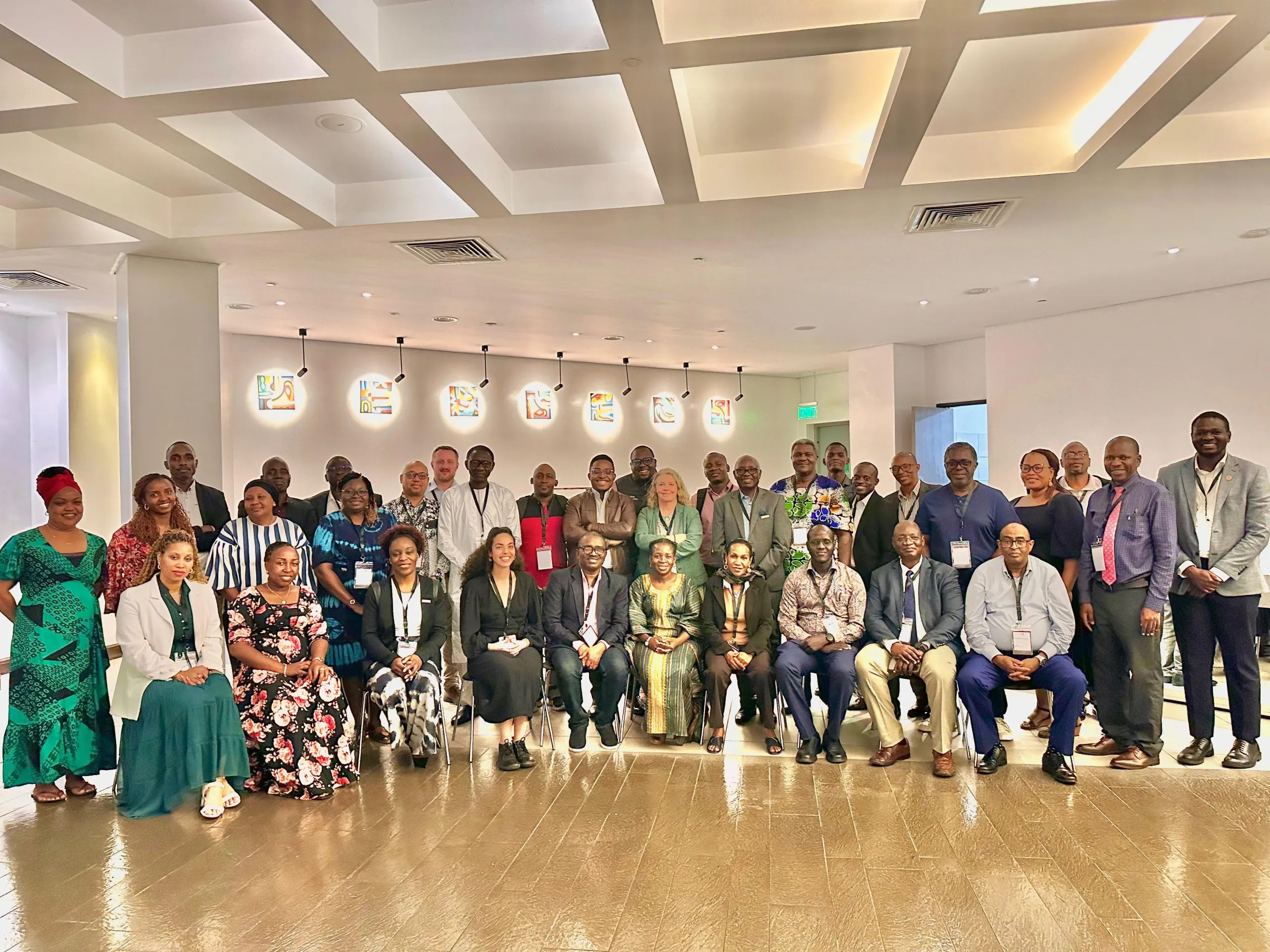All
Convenings
Latest News
Global Conference on Innovative Malaria Vector Control Technologies and Global Health Markets 2024

Between the 26th-28th March 2024, the Global Conference on Innovative Malaria Vector Control Technologies and Global Health Markets was held at of Sun Yat-sen University (SYSU), Guangzhou, China. The event was hosted by Zhongshan School of Medicine, Sun Yat-sen University and co-organised by Tsinghua University Vanke School of Public Health, the Clinton Health Access Initiative (CHAI) and I2I. The event showcased innovation in the vector control space and provided opportunities for Chinese manufacturers with an interest in prequalifying vector control tools and insecticides to engage with and learn about the regulatory process. Over 180 participants registered for the event, including Chinese industry and academic partners, WHO PQ/VCT, BMGF, China CDC, and IVCC. Among the attendees were representatives from 25 Chinese developers and manufacturers of insecticides, vector control tools, and molecular diagnostic tools.
The three-day programme was focussed on innovation and strengthening the supply chain to meet challenges to the control of vector-borne disease, and the wealth of new developments emerging from Chinese researchers and supplier experiences translating discoveries into new products and the market pathway.
Day one launched with presentations by keynote speakers Xiaonong Zhou, China CDC discussing China’s contribution to the Global Malaria Programme; Jan Kolacinski, WHO GMP, on the global malaria and vector control needs and trends, and Vansanthan John Paul, IVCC, with an overview of challenges and opportunities in global malaria vector control. Dominic Schuler and Violeta Isabel Perez Nueno, WHO PQ/VCT provided an overview of the WHO prequalification programme for vector control products, detailing the recent changes to the WHO guideline for prequalification assessment of ITNs. Rosemary Lees from I2I, gave an overview of the supplier landscape and the support that I2I can offer new players, and Tara Seethaler, CHAI, shared their work on demand forecasting for malaria vector control products.
On day two, David Malone, BMGF, provided an overview of the of support from the foundation to the innovation and product pipeline, and Ingrid Etoke, BMGF, and Qing Yin, Tianjin Yorkool Science & Technology Development Co., LTD., highlighted case studies of product launch and scale-up. Presentations included exciting results from researchers working with gene editing and transgenic technology, fungal control of mosquitoes, and gut bacteria to block malaria transmission. The conference provided the opportunity for in-depth discussions through panel sessions on ‘Building strong pipelines – from R&D to global regulatory approval’ and ‘Bridging the gap – commercialization and market entry for vector control’ as well as providing manufacturers and developers with the opportunity for one-to-one discussions with the WHO PQ/VCT team.
Reflecting on the conference, Rosemary Lees of I2I stated, “It was really exciting to see the diversity and originality of research being undertaken in Chinese Universities, and I hope that by offering an opportunity to strengthen the connection between those researchers and manufacturers, and between manufacturers and regulators, that we have helped to stimulate innovation and help fill the development pipeline flowing from China into the vector control world.”
Professor Lv of SYSU, described the conference as ‘monumental’ and reported overwhelmingly positive feedback from participants. He stated “that through continued exchange and partnership, we can achieve great strides in our shared mission to enhance global health markets.”



